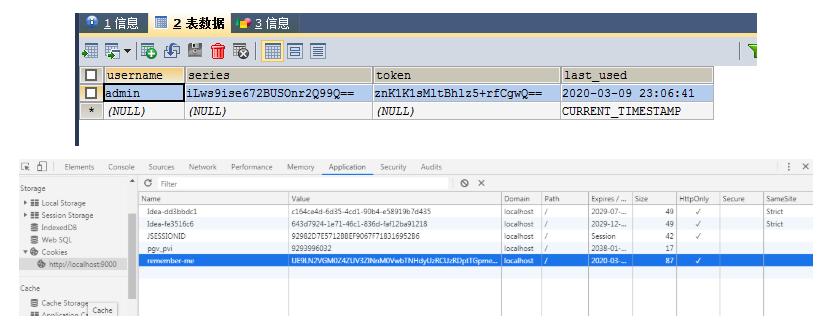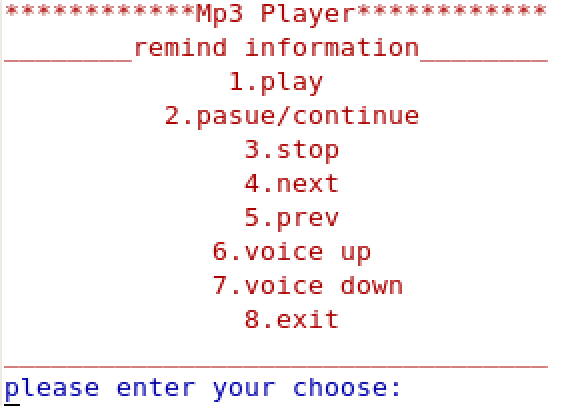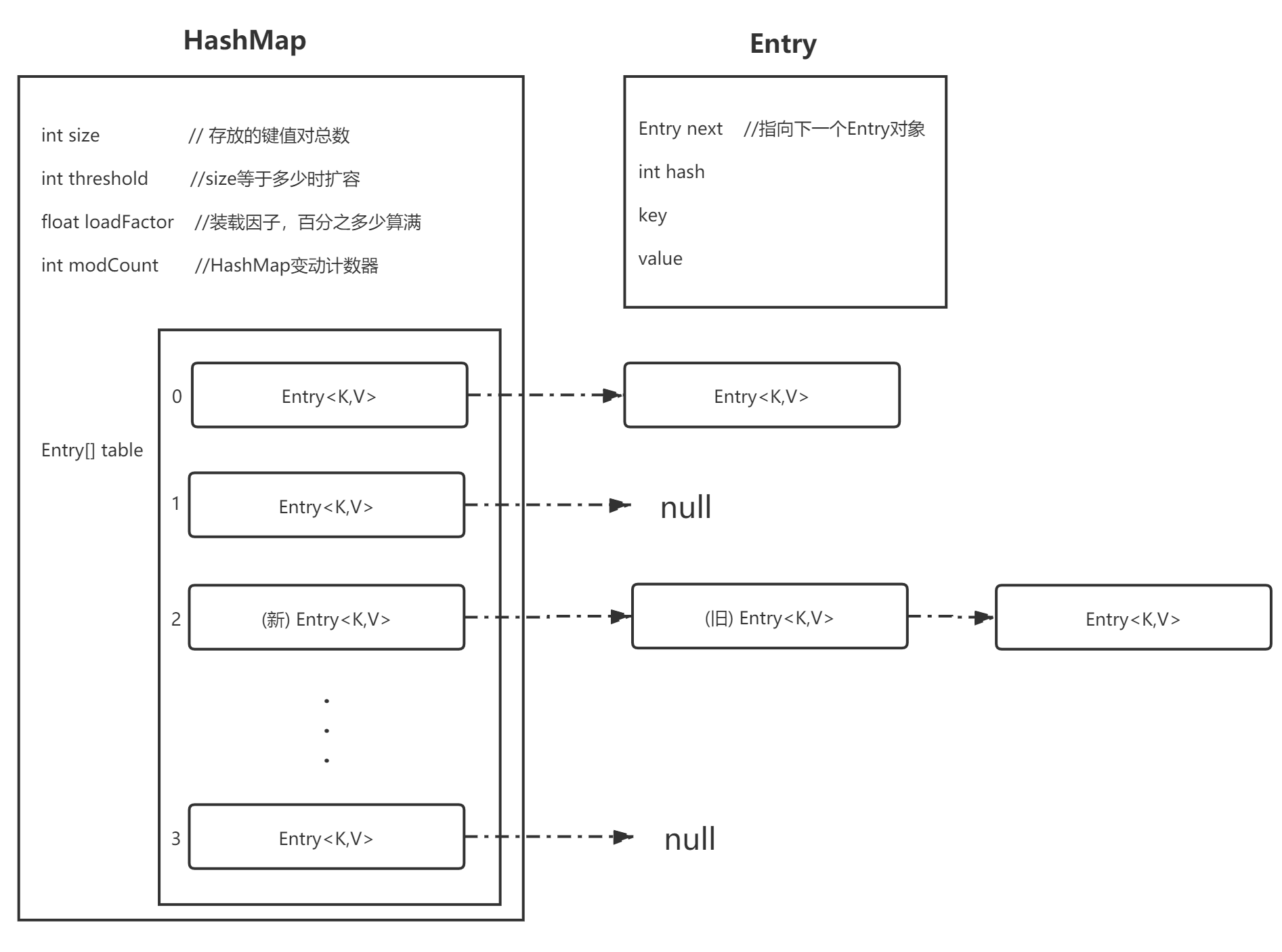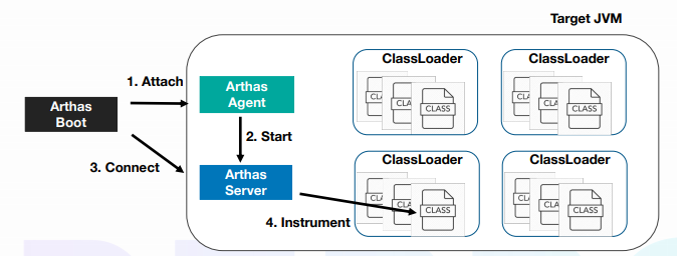SQLAlchemy自定义数据类型
有时,我们想把一个dict对象存到MySQL表里面,由于MySQL没有定义dict之类的数据类型,一种做法是,每当往表里写入数据时,先将dict对象转换成字符串形式,每当从表里读取数据时,将读出来的字符串转换成dict对象。如果应用开发者自己显式地处理数据转换,显得麻烦并且较易出错。
SQLAlchemy允许自定义数据类型来扩展已有数据类型。为了定义新的数据类型,需要继承TypeDecorator类,并且定义bind-parameter和result-processing行为。bind-parameter行为决定在写入数据库时如何转换数据,result-processing行为决定在读取数据库时如何转换数据。
了解MongoDB的人一定知道ObjectId,它是MongoDB文档的Id。假设我们需要将ObjectId存到MySQL里面,而MySQL没有类似ObjectId的数据类型,我们定义一个新的数据类型。由于ObjectId有其二进制和字符串形式的表示,我们将要自定义的数据类型可以在已有MySQL数据类型BINARY或者VARCHAR的基础上扩展。下面以BINARY作为示例。
import sqlalchemy.types as typesfrom bson import ObjectIdclass MysqlObjectId(types.TypeDecorator):""" custom typeUsage:MysqlObjectId(12)ObjectId's binary representation has 12 bytes."""impl = types.BINARYdef process_bind_param(self, value, dialect):"""define bind-parameter behavior"""if value is not None:try:# when value is not None,# ObjectId's __init__ method will validate if value is illegal# return the binary representation) of ObjectIdreturn ObjectId(value).binaryexcept:passreturn Nonedef process_result_value(self, value, dialect):"""define result-processing behavior"""if value is not None:try:return ObjectId(value)except:passreturn None
上面定义了MysqlObjectId类型,下面的代码示例了如何使用该自定义类型。
import sqlalchemy as SAfrom sqlalchemy.ext.declarative import declarative_baseBase = declarative_base()class TestTable(Base):__tablename__ = "test_table"# column definitionsid = SA.Column(SA.Integer, primary_key=True, autoincrement=True)object_id = SA.Column(MysqlObjectId(12), nullable=True)
测试代码就不写了。



































还没有评论,来说两句吧...